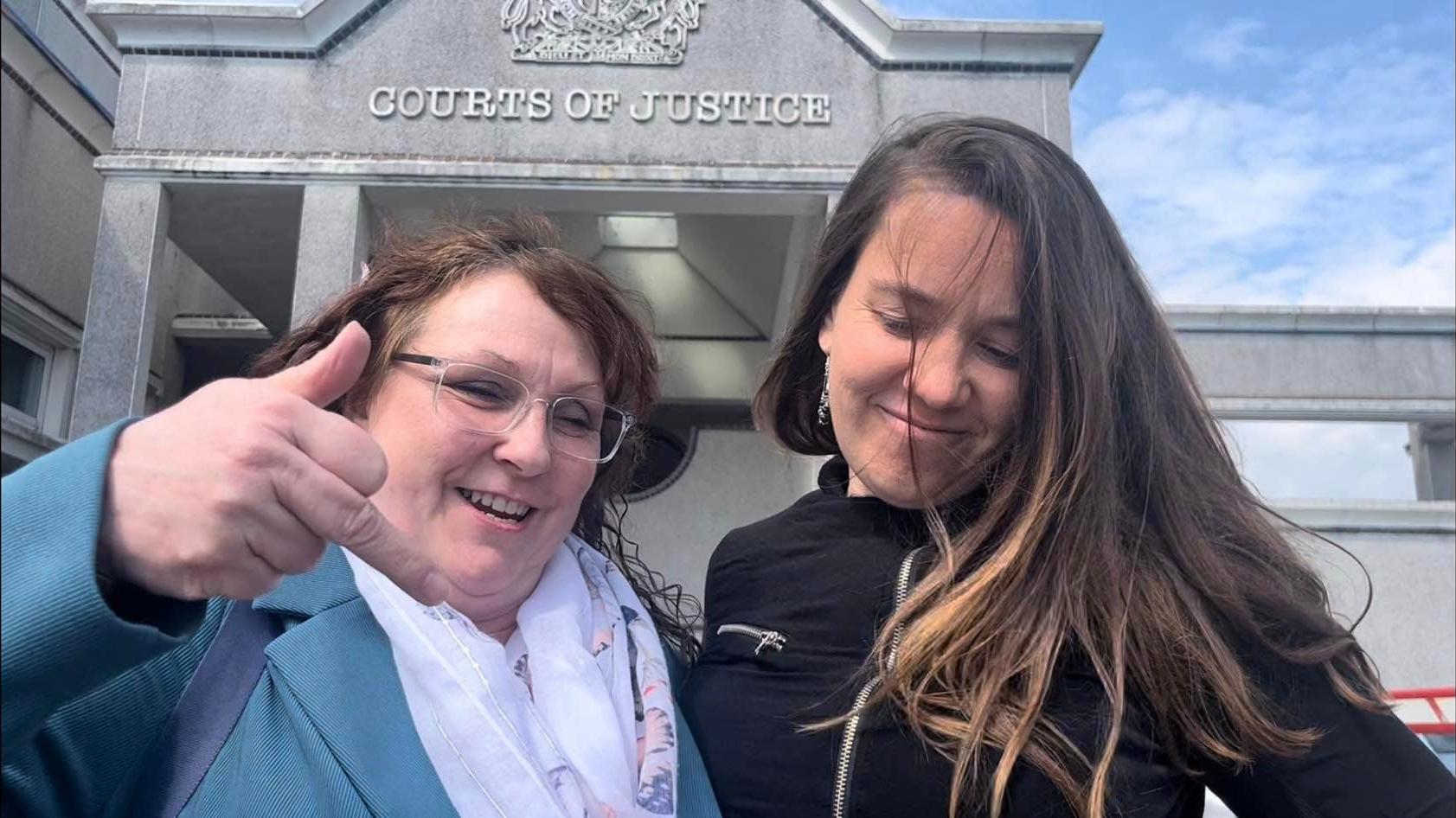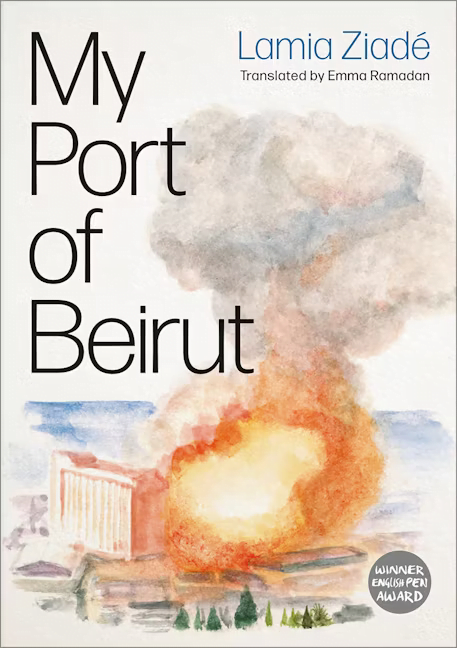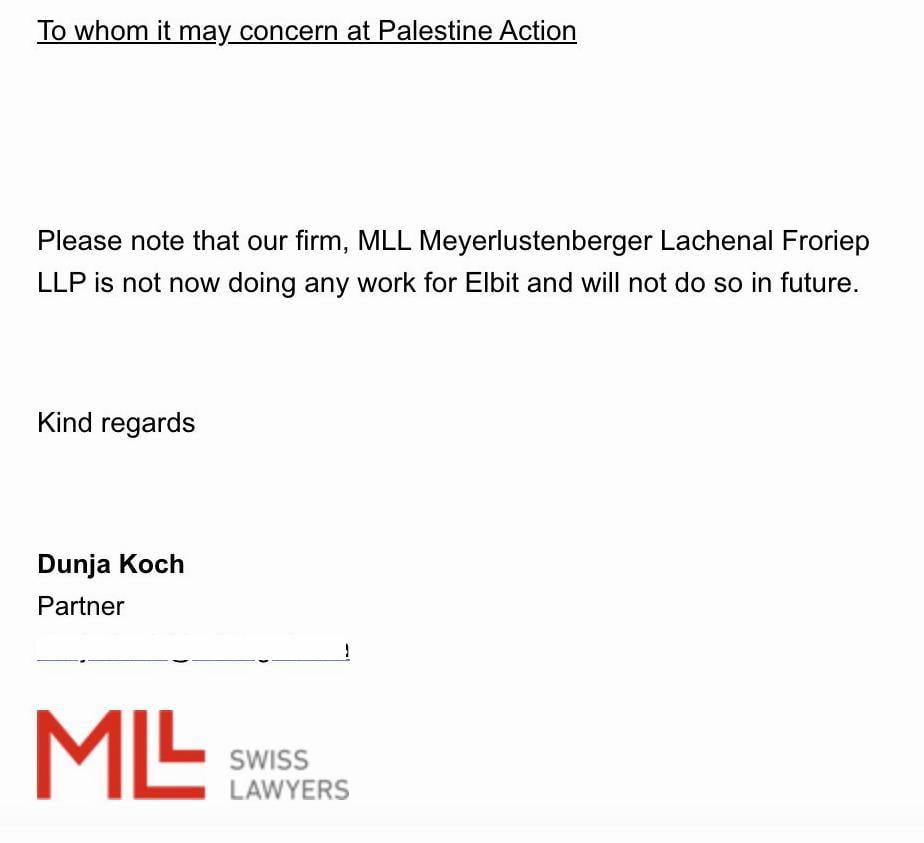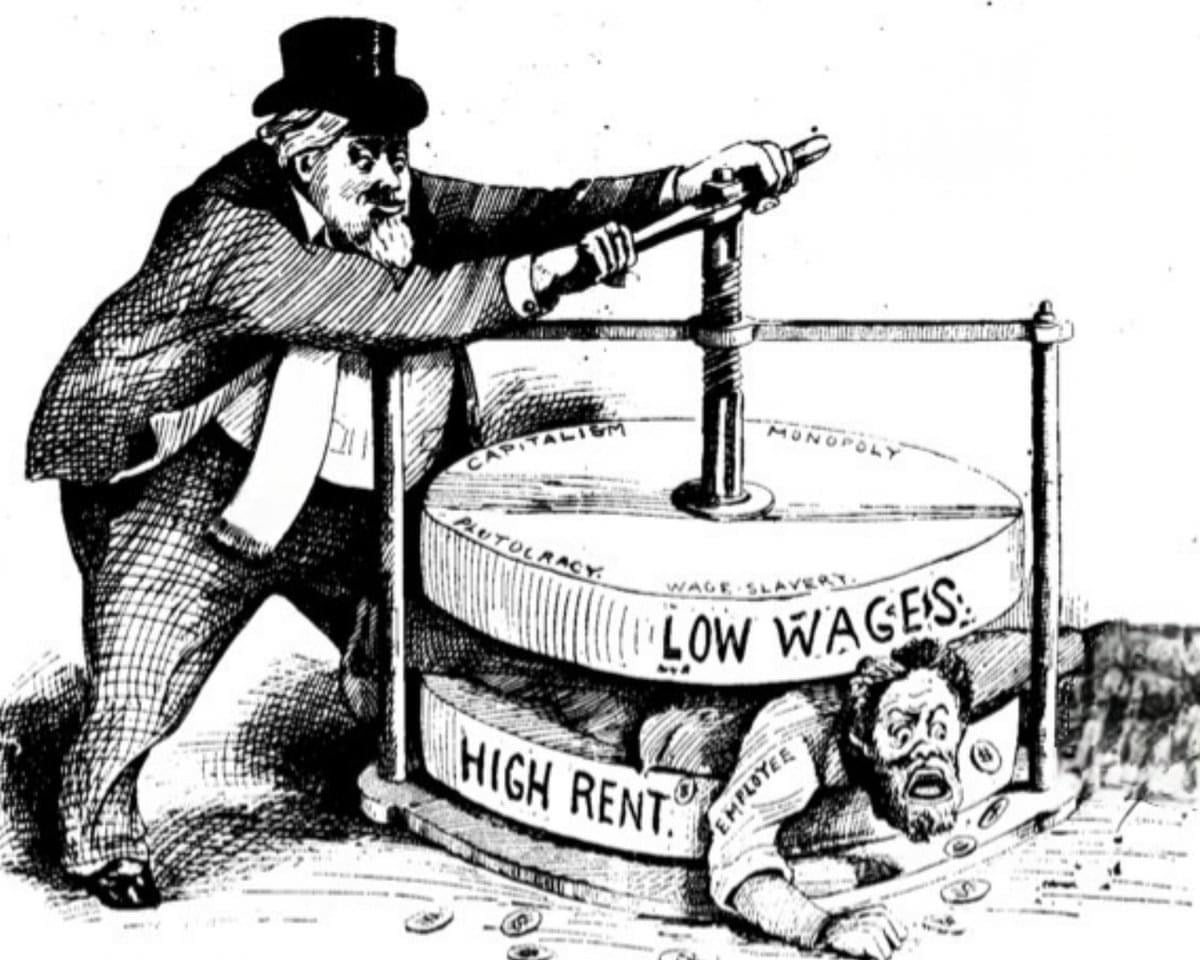It appears that Alejandro Avilés, secretary general of Oaxaca State, Mexico, is once again trying to undermine autonomous indigenous organising in the region, as he rushed in troops to back up the new bully-boy president-elect of Santiago Xanica, Ricardo Luría.
The latest crackdown, according to the Council of Autonomous Oaxacan Organizations (COOA), saw three convoys of the Mexican Army sent into the town on January 13th to “calm” the situation after hooded paramilitaries allegedly linked to Luría broke into the house of Cesar Luis Díaz, toting high calibre weaponry.
Díaz, the outgoing president, has challenged Luría saying the election was fraudulent, and another candidate, Sergio Ramirez Vazquez, has widespread support in the town. According to COOA the gangsters threatened Díaz’s family and warned he would be killed if he continued campaigning against Luría. In a statement, COOA said:
On Wednesday January 11, representatives of COOA, made up of CODEDI, OIDHO, CINPA and UCIO-EZ1, carried out a dialogue with Alejandro Avilés.
We presented the issues surrounding the post-electoral conflict in the municipality of Santiago Xanica, Miahuatlán, Oaxaca. We explicitly asked that the presumed president-elect Ricardo Luría refrain from entering as the municipal head described the following act:
On January 4th, our compañero and ex-municipal president Cesar Luis Díaz had his house broken into. Luría and his town council committed these acts of violence accompanied by hooded men that carried high-caliber weapons exclusive to military use. They threatened the family of our compañero and asked for his whereabouts. When they realised he wasn’t home, these individuals pointed their guns at the family of Cesar Luis Díaz, leaving the message that he should be careful because they were going to murder him at any moment.
Instead of providing a legal solution to this conflict, on Friday the 13th three convoys of the Mexican Army rolled into the community, supposedly with the task of disarming the population and establishing peace. However, in reality they were providing support for the criminal group under the command of Luría.
The organisations of COOA strongly protest the militarisation of the municipality and we name responsible Avilés as responsible for this flagrant violation of the agreements reached. We consider that, far from being a solution to the conflict, these actions will worsen it and put the population in general and the lives of our of companñerxs in particular in danger .
We demand the immediate removal of the Mexican Army from the municipal territory of Santiago Xanica and the fulfillment of the agreements reached on Wednesday, January 11th.
No to the militarisation of the Zapoteca Indigenous community of Santiago Xanica!
Respect to municipal autonomy!
End the impunity of criminal groups!
For the defense of our rights and our territories, not one step back!
Translated from the original from Consejo de Organizaciones Oaxaqueñas Autonomas for It’s Going Down
Government attempts to take control of local affairs have been ongoing for decades as Oaxaca State struggles to contain a tradition of both indigenous and left-wing resistance which surfaced in the late 1990s alongside the Zapatista uprising, in the 2006 Oaxaca commune and in numerous conflicts since, including last year’s roadblock clashes.
Santiago Xanica and the surrounding area has been broadly autonomous since 1998, when the state government approved a law allowing indigenous communities a degree of self-rule under a system of “uses and customs,” including the election of local authorities with control of their own justice system.
The measure was aimed at co-opting 16 indigenous nations that had been a backbone of resistance against the ruling centre-left PRI party when it tried to impose corporate interests on the region, and which the government was worried would start taking cues from the nearby Zapatista movement in Chiapas.
The PRI immediately attempted to gain control of the new body however by imposing its own candidates. Despite a subsequent militarisation and de facto imposition of martial law in 2004 and tension in 2006 during the Zapoteca mobilisation, autonomy was re-established in 2007. In 2010 PRI again attempted to impose its own candidate, Ciro Flores García, who used the party’s extensive resources to try and buy off the public with gifts before being seen off. The election of Luría has been widely condemned as yet another attempt at interference.
Murder in Chihuahua
At the other end of the country meanwhile award-winning indigenous environmental activist Isidro Baldenegro Lopez was found dead last weekend outside a relative’s house in the State capital.
Baldanegro who was 50 when he was assassinated, was famous for his courageous direct action tactics against logging firms in the north-western region and won the Goldman Prize in 2005.
Latin America had the highest murder rate of environmental activists in 2015.
Footnotes
- Defence Committee of Indigenous Rights in Xanica, an organisation set up in 1999 in order to guarantee respect for the autonomy of indigenous towns.
- Indian Organisations for Human Rights in Oaxaca. Set up in 1990, it uses peaceful protest and legal pressure to advocate for indigenous prisoners and fight for justice for people murdered by the State [FB page]
- Indigenous Coordination of the Autonomous People
- Indigenous Peasant Union of Oaxaca Emiliano Zapata








